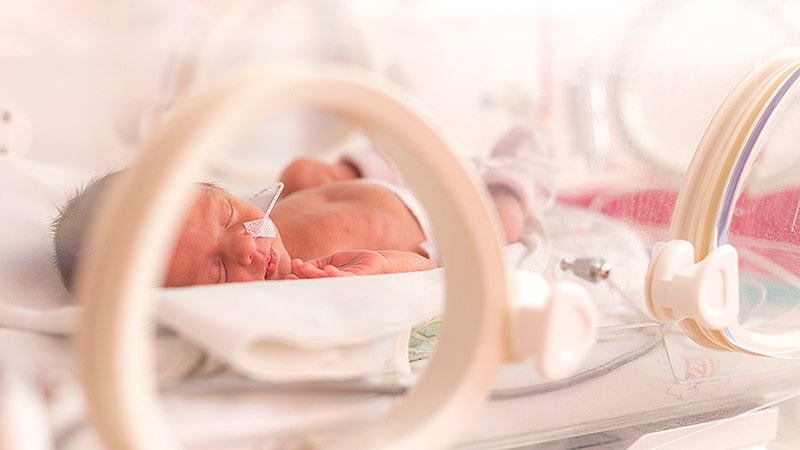NHS England has issued an alert warning of a small rise in the number of cases of critically ill children presenting with an unusual clinical picture. Many of these children have tested positive for SARS-CoV-2.
The alert reports a number of cases with "overlapping features of toxic shock syndrome and atypical Kawasaki disease with blood parameters consistent with severe COVID-19 in children. Abdominal pain and gastrointestinal symptoms have been a common feature as has cardiac inflammation."
A case report has recently been published regarding a six-month-old female who presented initially with fever and refusal to eat, but no cough. On day 5, she had prominent tongue papilla, a blanching polymorphus maculopapular rash and swelling of the hands and lower extremities - classic features of Kawasaki disease (KD). Testing showed left-sided white blood cell count with bandemia, normocytic anaemia, normal platelets, markedly high C-reactive protein and erythrocyte sedimentation rate.
She received intravenous immunoglobulin and high-dose aspirin and was discharged on low-dose aspirin. The evening before discharge, a test for COVID-19 returned positive.
Commenting on the alert, the Paediatric Intensive Care Society (PICS) says: “It is important to highlight that, both in the UK and in other countries, there have still been very few cases of critically unwell children with COVID-19 admitted to paediatric intensive care units. However, an early case report relating to COVID-19 presenting as Kawasaki syndrome has been published recently, and PICS is aware of a small number of children nationally who appear to fit the clinical picture described in the NHS England alert.”
Health care professionals who see children with a picture of toxic shock or typical KD should consult early with paediatric infectious disease or critical care teams, the PICS says.



